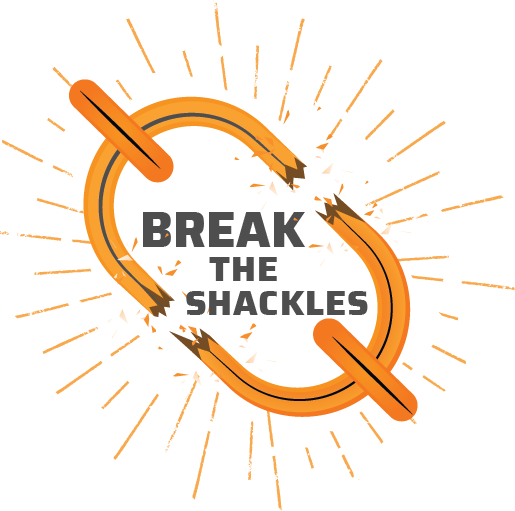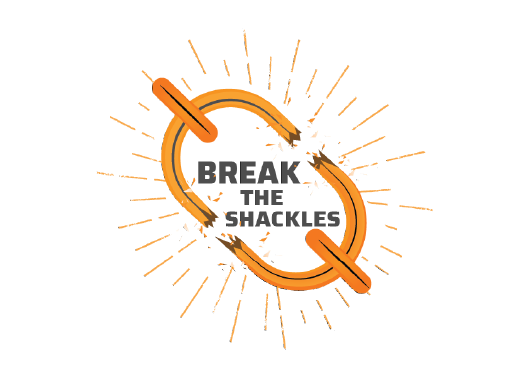Issac's Story
Stop companies profiteering from New York families’ pain
Isaac's* Story
Imagine being forced to escape your home as a teenager and travel across oceans and continents, only to be detained for two years in a gruesome detention center. That is Isaac’s story, who fled Ghana when he was just 16 years old after the murder of both his brother and father. Alongside a larger group of teens, Isaac entered the United States through Mexico and was quickly arrested three months before his 17th birthday and taken to the center.
Isaac describes the detention center as hell. There was barely any privacy, with officers passing through every five minutes. The only thing to occupy detainees’ minds is the unknown future: will I leave, will I be tortured? Isaac believed that it would be better to die than to be left in prison.
As suddenly as he found himself in detention, he suddenly found himself being told one day that he would be leaving. What should have been a moment of relief, quickly transformed into a new form of confinement: the ankle monitor. The officers placed the shackle on him right at reception and instructed him to continue to follow parole rules, prior to releasing him from the center. Up until this point, he had been told that he did not qualify for parole, so the confusion and tenseness continued.
There is no doubt that Isaac wanted anything to be out of detention, but what came from wearing an ankle monitor, and later having the BI SmartLink app installed on his phone, was another level of fear and insecurity. In February 2021, a month after turning 19, Isaac had the shackle placed on him. He described the shackle as very uncomfortable and recalls all the black marks it left around his ankle. The shackle would vibrate throughout the night, so it made it difficult to be able to sleep. It also prevented him from being able to pray with it on.
By the summer, he was encouraged to get the monitor removed and instead begin to use an app known as BI SmartLink, which was placed on his phone, without any explanation. Through this app, he built a profile that included his e-mail address, phone numbers, addresses, family members. Every Monday, he was required to take a picture of himself and share it to the app to confirm his location. If they don’t receive a picture between 9 am and 12 pm, they called him to ask for the picture.
Although he now was rid of the physical pain and shame of wearing an ankle bracelet, now, he was fearful about surveillance. When he makes phone calls to his family, he’s worried that the calls are being listened to. When he goes to the barbershop, he leaves his phone at home because he fears having to answer a call and risk everyone hearing his conversation there. He has only told his brother that he lives with about his situation because he is nervous about how that might implicate others.
The calls are often different people calling from Libre, some of who refused to identify themselves by name. Each person berates him with questions about where he has been and what he was doing. One time, they even called him at 4:00 AM on Sunday to inform him that he had a meeting on Monday. Ever since that call, he does not feel like he has a moment to relax or feel like he can be disconnected from his phone.
It is hard to maintain sanity throughout this process, but Isaac finds ways to do so. He plays soccer 2 to 3 times a week to help make sure he can sleep. Isaac wants to be able to go to school and would love to get an NYC ID, but because of COVID, they don’t have appointments. He finds it so difficult to make any sort of progress because he can’t do many things without ID and various locations do not accept his detention center wristband as proper ID.
Isaac is a young man and was a child when he entered the detention system. He deserves to have an opportunity at life and a life that can have some level of safety and predictability. His brother says that although he is the younger of the two, everything that Isaac has gone through makes him appear older. Isaac deserves peace for the first time in his adult life.
*Name has been changed to protect the identity of the individual.


